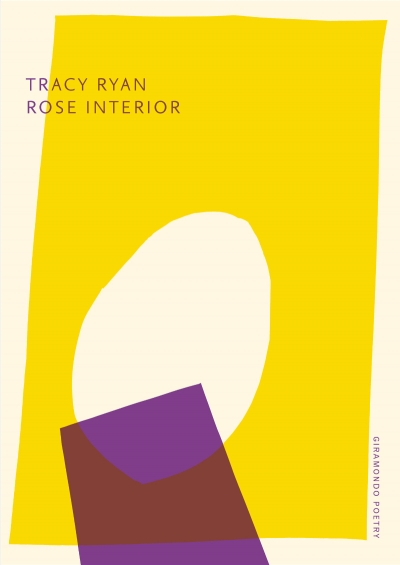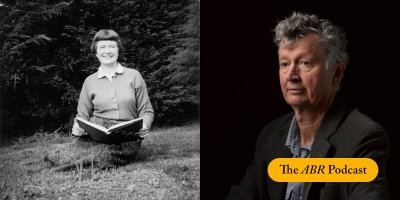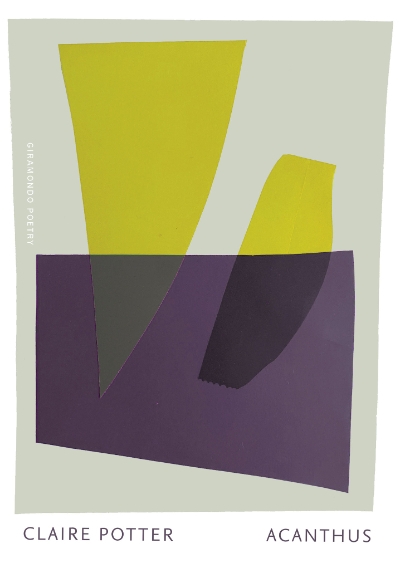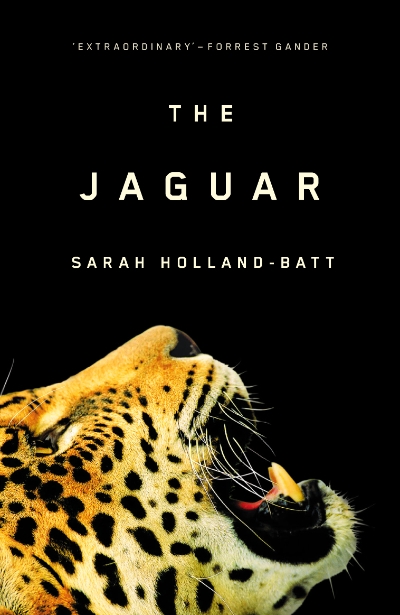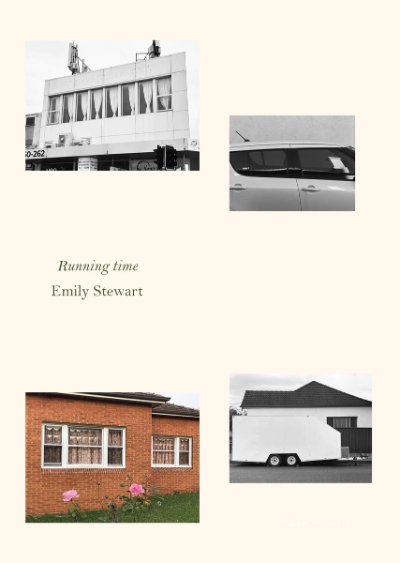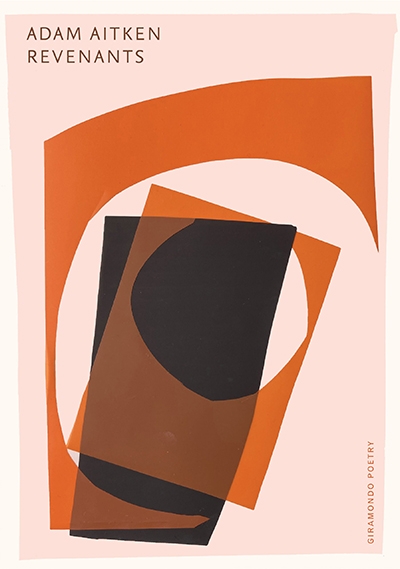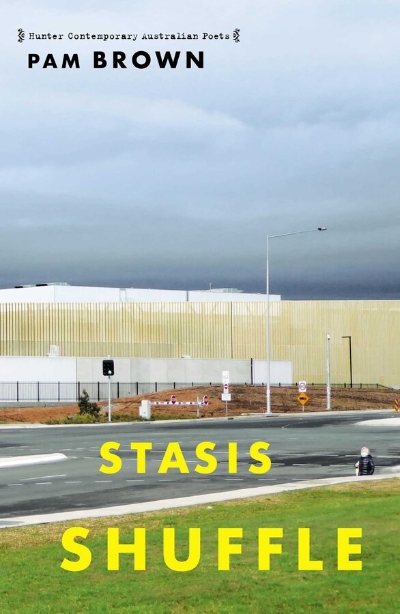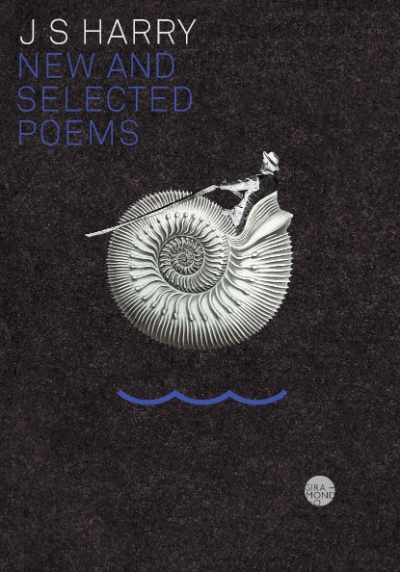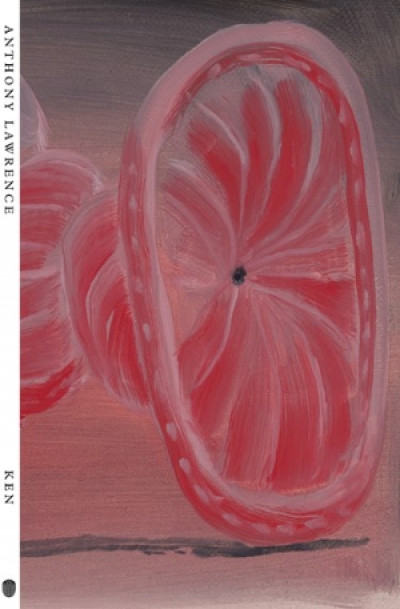Australian Poetry
Ann-Marie Priest’s My Tongue Is My Own, published by La Trobe University Press and reviewed in our June issue, is the first authorised biography of the Australian poet Gwen Harwood (1920–1995). Unsurprisingly, this was not the first attempt to record the life of one of Australia’s most loved and admired poets. In an exclusive feature for ABR, John Harwood reflects on the conflicting motives behind his literary executorship of his mother’s estate – an estate holding the secrets to an at-times fractious marriage between two opposing temperaments.
... (read more)Running time by Emily Stewart & Inheritance by Nellie Le Beau
by Anders Villani •
In the Room with the She Wolf by Jelena Dinić & Beneath the Tree Line by Jane Gibian
by Jennifer Harrison •

